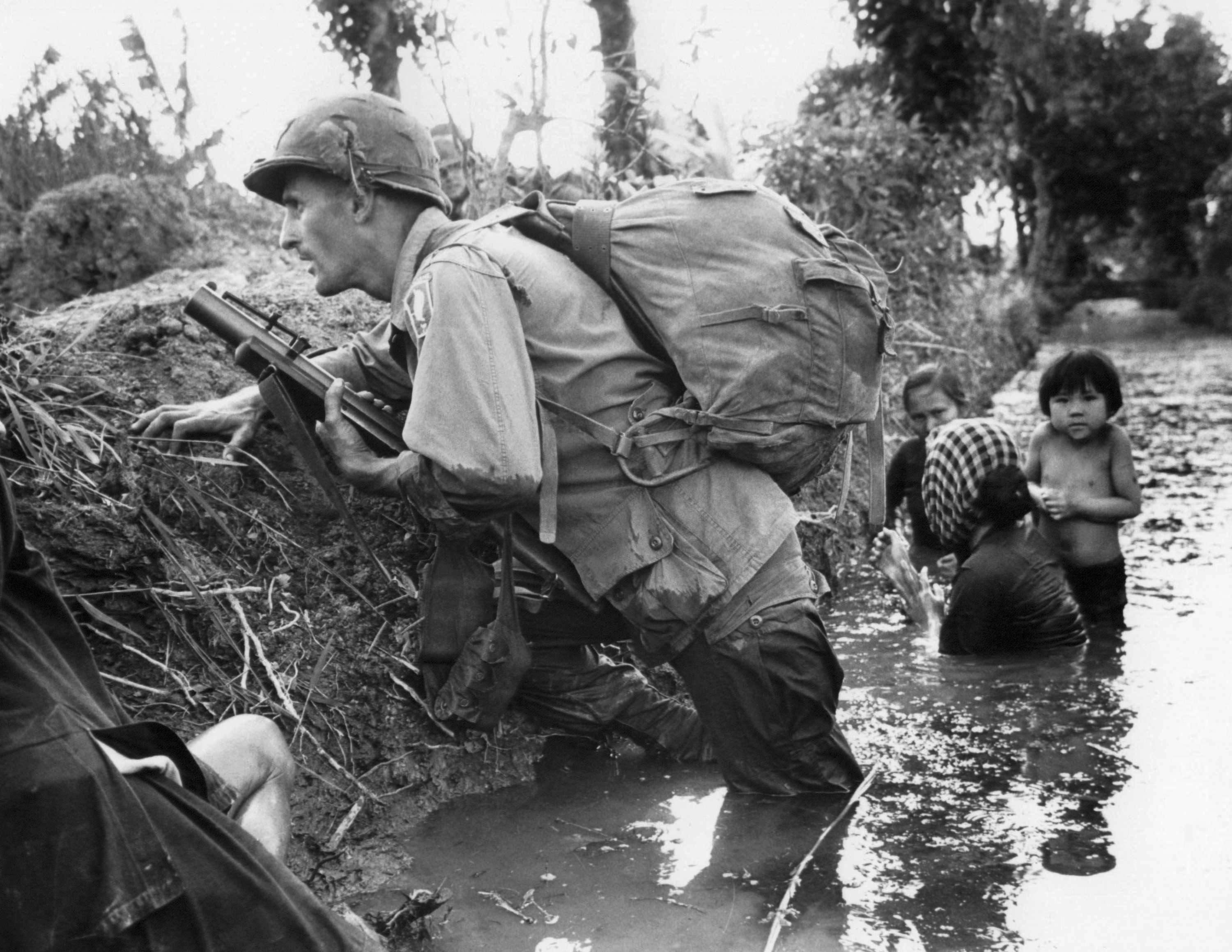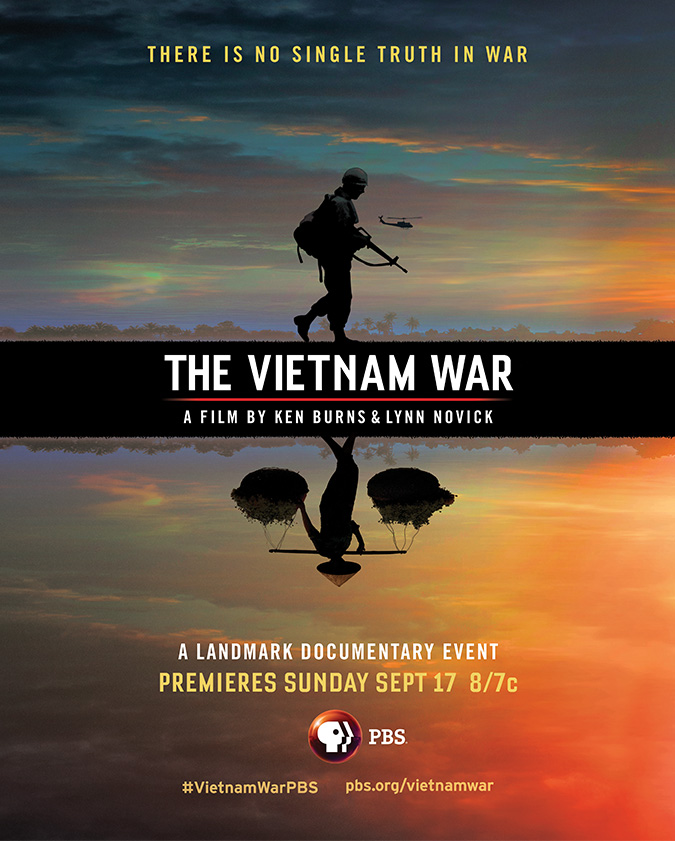Ken Burns’ latest opus — the 10-part, 18-hour documentary series “The Vietnam War” — is a masterpiece. And it’s not just an American story.
Burns and his team spent “10 years just trying to wrestle this story to the ground, and we felt that it was hugely important because the story is rarely told from more than one perspective.”
The intent is that inclusion of “other perspectives would lend credence to the idea that there isn’t a single truth in the war.”
Yes, there have been plenty of other documentaries about the Vietnam War. But this one is different.

“No one has tackled it the way that we have, which was to try to look at it from the bottom up — the experiences of ordinary people who lived through it from all sides,” said Lynn Novick, who co-directed and produced the documentary with Burns.
On TV • The 10-part, 18-hour documentary series “The Vietnam War” airs Sunday, Sept. 17-Thursday, Sept. 21, and Sunday, Sept. 24-Thursday, Sept. 28, at 7 p.m. on PBS/Ch. 7.
While some of those interviewed are familiar faces, “We weren’t going to talk to Dr. [Henry] Kissinger or Jane Fonda,” Burns said. Instead, they interviewed lesser-known officials, soldiers and citizens.
“We talked to thousands. We had interviews in person with several hundred. We filmed 100,” Burns said. “There’s 79 in the final film, and all of those people represent a very precious sort of gift to us of memory.”

The documentary doesn’t refight the war. It doesn’t promote a pro- or anti-war views. It lays out facts, with interpretations from archival footage and interviews with those who were directly involved — including veterans of the North Vietnamese army and the Viet Cong. But “The Vietnam War” is in no way anti-American.
“I don’t think the documentary takes a view that either glorifies or tries to denigrate the military,” said Gen. Merrill McPeak, a Vietnam War veteran who rose to the rank of four-star general and was chief of staff of the Air Force from 1990-94. (He was a consultant on the documentary.) “It’s very even-handed — surprisingly so for such a controversial subject.”
The narrative stretches back to 1858, nearly a century before the United States got involved in Vietnam. It’s filled with facts that will come as revelations to most viewers.
Did you know that North Vietnamese leader Ho Chi Minh was a pastry chef in Boston for a while? That he tried to get a petition seeking his country’s independence from France to President Woodrow Wilson at the Versailles Peace Conference in 1919?
That when Ho Chi Minh declared Vietnamese independence in 1945, he began by quoting Thomas Jefferson — “All men are created equal” — and an American intelligence officer was standing nearby?
That’s all in the first 25 minutes.

Burns insisted he didn’t intend “The Vietnam War” as a reflection on American in 2017. But with Donald Trump in the White House, it is relevant in ways that Burns never imagined. It recounts:
• “Mass demonstrations all across the country against the current administration.”
• “A White House obsessed with leaks and in disarray because of those leaks.”
• “A president railing against … the news media for making up news.”
• “Big document drops of classified material that’s been hacked.”
• And “accusations that a political campaign reached out to a foreign power at the time of a national election to influence that election.”
There’s damning evidence that Richard Nixon committed treason by derailing peace talks in 1968 while he was campaigning for the White House.
“The answer is — history doesn’t repeat itself,” Burns said. “We’re not condemned to repeat what we don’t remember. It’s that human nature never changes.”
And Burns has turned out another astonishing, definitive documentary.
“This is a remarkable piece of work here, and it has a timeless quality,” McPeak said. “It will be around 100 years from now.”
